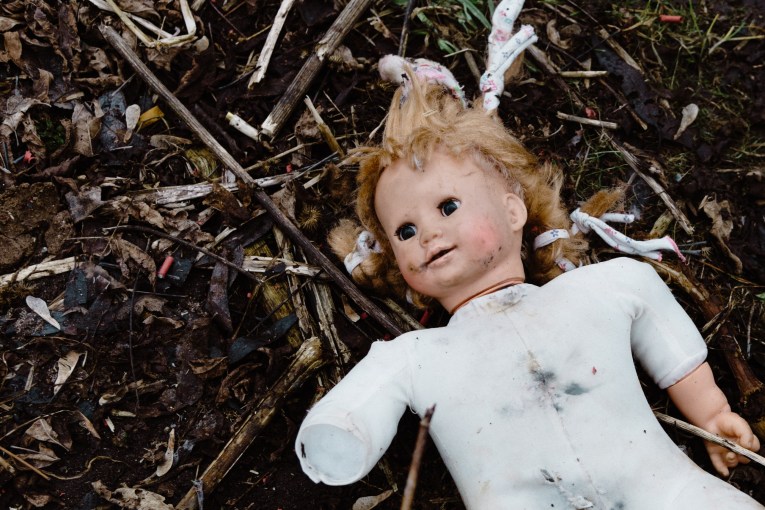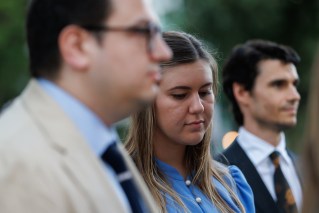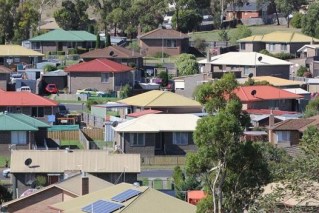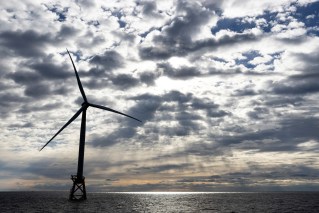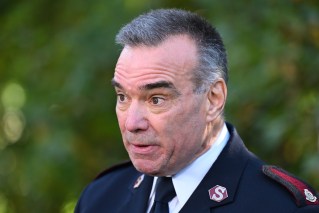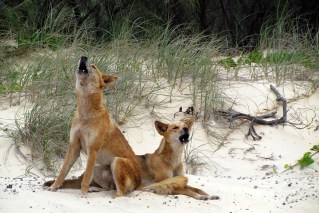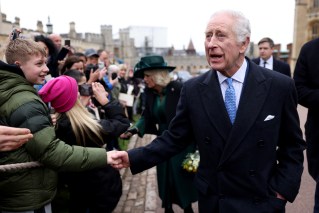Why young Australians say climate change worries them more than hostile nations
Many young people see climate change is a bigger risk to Australia than potentially hostile nations and national security experts say this perception is shrinking the available labour pool for positions in an increasingly complex strategic environment.
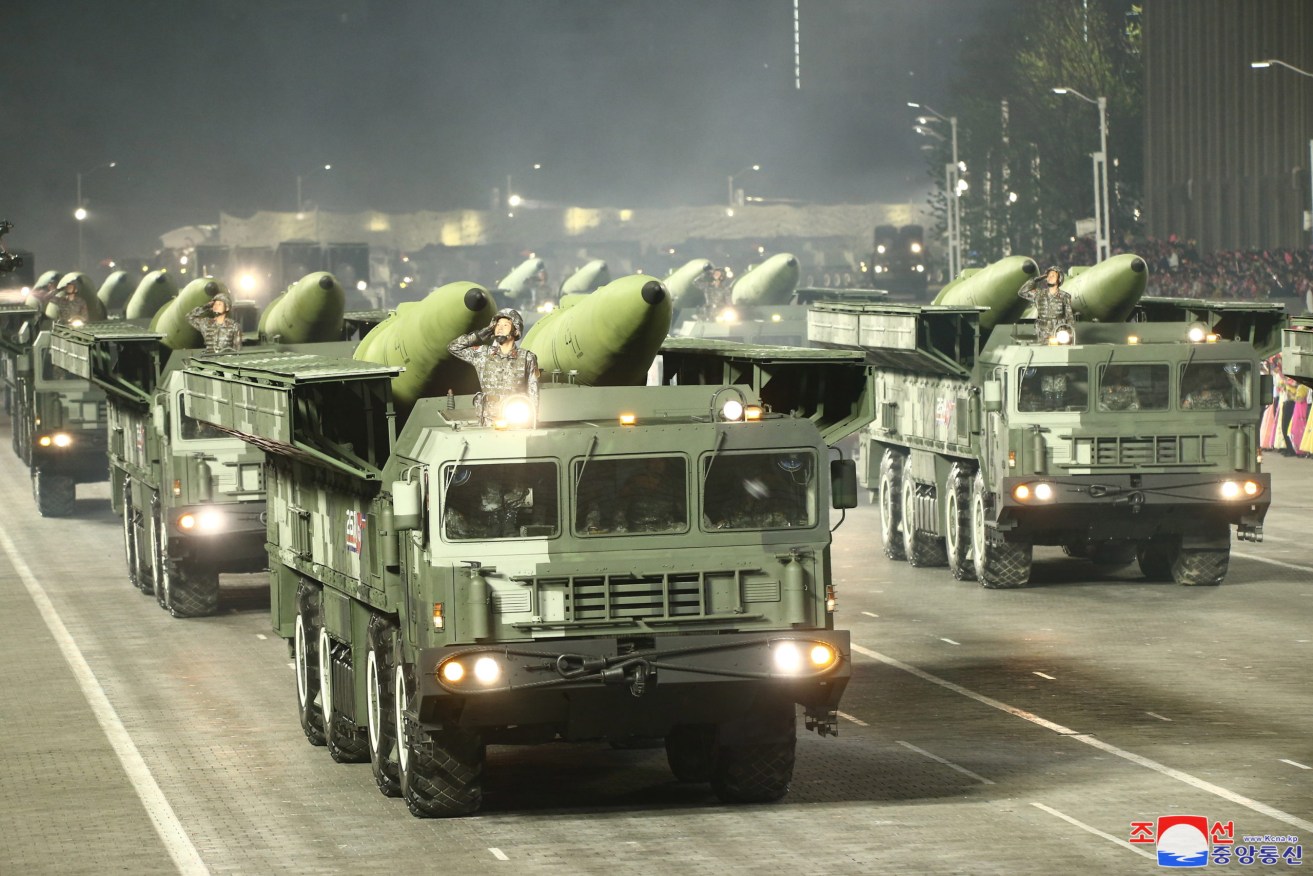
A photo released by the official North Korean Central News Agency (KCNA) shows missiles and missile transport vehicles displayed in a military parade held to celebrate the the 90th founding anniversary of the Korean People's Revolutionary Army (KPRA) EPA/KCNA
Despite high demand, Australia is not producing enough workers with the necessary skills in geopolitics, experts at the National Security Conference said on Tuesday.
That has implications for Australia’s AUKUS alliance with the US and UK, the centrepiece of which is a $368 billion nuclear-powered submarine program that is expected to create 20,000 jobs over the next three decades.
But young Australians are not as attracted to opportunities in defence and security areas as past generations, strategy expert William Leben, from the Australian National University’s national security college, said.
“If you ask a lot of people in their early 20s, they will, for good reason, tell you that the biggest security problems facing the country has to do with climate change,” he told the conference.
“They’re not particularly interested in geopolitics.
“Much of the Commonwealth public service doesn’t look very attractive, both for cultural reasons in terms of how they’ve presented themselves, and some of the baggage they rightly, and wrongly, seem to carry.”
But women and people from diverse communities could provide a solution in an industry the former national cybersecurity advisor Alastair MacGibbon called “incredibly non-diverse”.
Within cybersecurity, roughly 20 per cent of workers were female-identifying, he said.
“If (geopolitics) is the greatest existential threat, why is it that we aren’t drawing upon the entire gene pool of the country?” he said.
Deputy Director-General of the Australian Secret Intelligence Service, Catherine Burn, said the tests used in the hiring process were biased with those from non-English speaking backgrounds tending not to perform as well on the verbal sections.
While there are fixes to some of these issues, the entire machinery of national security needs to come under consideration to support those from different communities.
“The road to diversity has tangible significant beneficial impacts on the agency… but it’s really hard to do that,” she said.
“There’s little point going into all the effort to bring somebody in who is culturally different, and then the organisation itself doesn’t support it.”
Mr MacGibbon said the various government agencies were like “seagulls fighting over the same chip” which can lead to negative experiences for employers and employees alike.
This is because the workforce becomes ephemeral and highly mobile, and leads many to move into higher paid jobs within the private sector.
Part of this involves bringing in under-represented populations and cutting down on the months-long recruitment processes required for many agencies.
